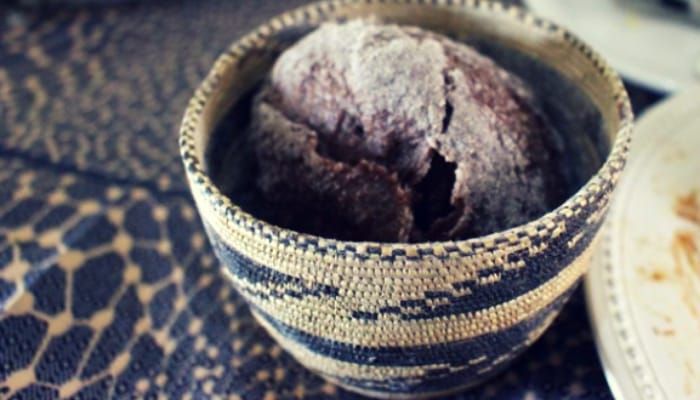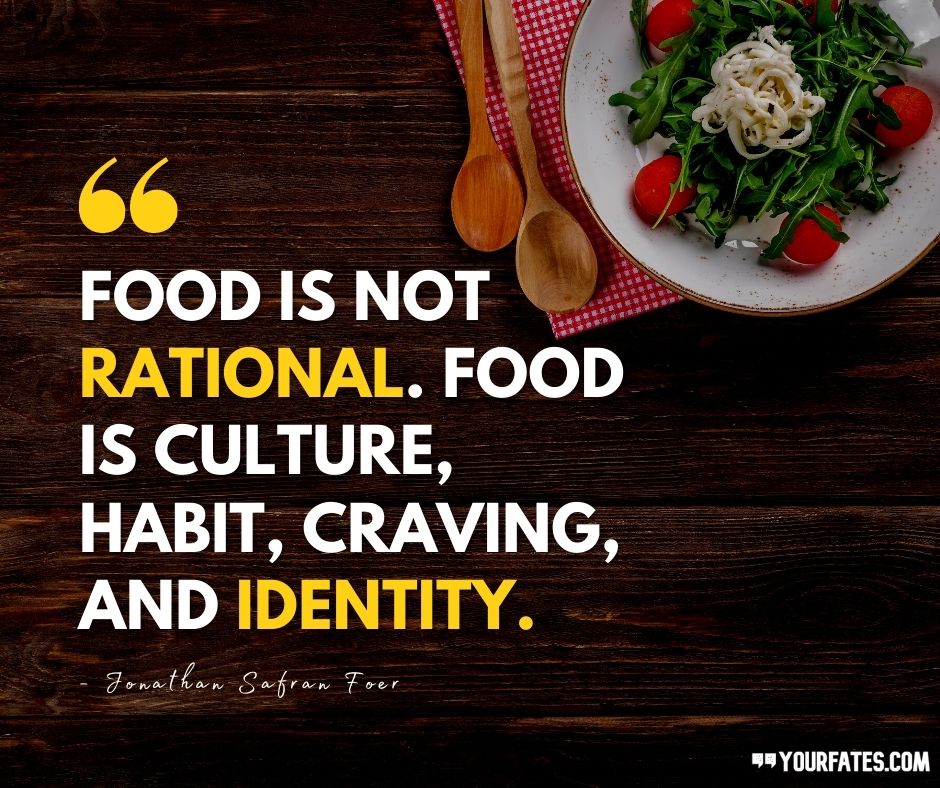Would you agree with me that among many things, culture plays a big part on what features on your menu many a time? Probably we all know that the primary role of food is survival but beyond that food has a very significant role that it plays in the lives of human beings. Food is a pivot for unification across cultures and generations. Have you ever sat down and wondered what the food you eat everyday can tell you about where you come from? Have you ever wondered why people from different parts of the world eat different types of food? Or do you ever ask yourself why certain foods or culinary traditions are so important to your culture? These questions should by now indicate to you how there is more of a connection between food and culture than you may think. Food is considered to be multidimensional, something that shapes us, our identities, and our cultures and in the end, our society. Just as different clothes signify different things, for example the white coat for a doctor, the uniform of a police officer or army personnel, food too transmits a meaning.
Growing up, our mother used to always cook on special days, and by special days I mean the Christmas and Easter celebrations of this world. She was the main chef that day and no amount of convincing would make her relent no matter how tired she would be. Everyone who knew our home knew that the menu when she cooked would not miss to have millet bread (kalo) and boiled meat with mushrooms (always cooked in a special pot). This is something that was handed over generations down and this is one of the major foods in my culture (I am a munyoro from the Western part of Uganda), so there is no celebration without this. Be sure I will also pass it down, generations to come.

Meat is cooked in a pot like this 
Millet bread (kalo) is always served in this special basket
Food is often used as a means of retaining cultural identity. People from different cultural backgrounds eat different foods with the areas in which families live and where their ancestors originated influencing food likes and dislikes. It is these food preferences that result in patterns of food choices within a cultural or regional group. In many countries, a case we see in Uganda too where rural urban migration is the order of the day, people find a way of maintaining and preserving culture by opening up native food business in the major towns. Here in Kampala there are specific places you will be directed to if you are looking for your cultural food. For example; Those that are coming from the Northern part of this country can find their ethnic food in places like Namayiba bus park and those from the central region can find theirs in places like Luwombo restaurant. People drive miles and miles looking for a connection to their origin through food. We also witness that during celebrations like traditional weddings, it becomes a showcase of culture not only in the wedding rituals but through the food served as well.
The meaning of food is an exploration of culture through food. What we consume, how we acquire it, who prepares it, who’s at the table, and who eats first is a form of communication that it has a rich cultural base. Beyond merely nourishing the body, what we eat and with whom we eat can inspire and strengthen the bonds between individuals, communities, and even countries, so we cannot talk culture without talking about food. This week I will attempt to highlight these and more aspects about food and cultures. I hope to interact with you and learn from you as well.

Thought-provoking and informative
Thank you for reading
This was beautifully done. In our home our dad was the one who ate the gizzard always. To date if am visiting I can not serve myself that piece because in my mind it’s for the head of the family. And when I do eat gizzard I low-key hear my mom’s voice telling me to put it back.🤣🤣🤣🤣
This is an unconscious behavior although in our home there was twist. If you are the reason we killed the chicken, you get the privilege of eating the gizzard.
Hahaha Lobed this. Food is everything tho.
Yes food is everything, thank you for reading
Loved*
Thank you so much, much appreciated
Love this!
I’m with Tikia on the gizzards being for the man of the house.
That is something we know but rarely practice 😂 personally if I’m cooking the chicken, I will eat the gizzard just to taste 😂
Looking forward to reading what comes next!
Hahahaha that is funny. The rule in ours was and still is, whoever is the reason why the chicken was slaughtered gets to eat the gizzards
Very interesting link you point out. Food does keep a piece of our ancestors with us even when they are long gone. I still cook my posho(cornmeal) and only enjoy eating it with my fingers courtesy of my mother’s culture.
Oh wow, you make posho sound so delicious. My relationship with posho is a sour one
Food for me is something really special. I bond over food with so many people and I also get to know more about what my body likes and what it needs. This was a good read and I never thought about how much of cultural identity food has on us.
In short food is bae